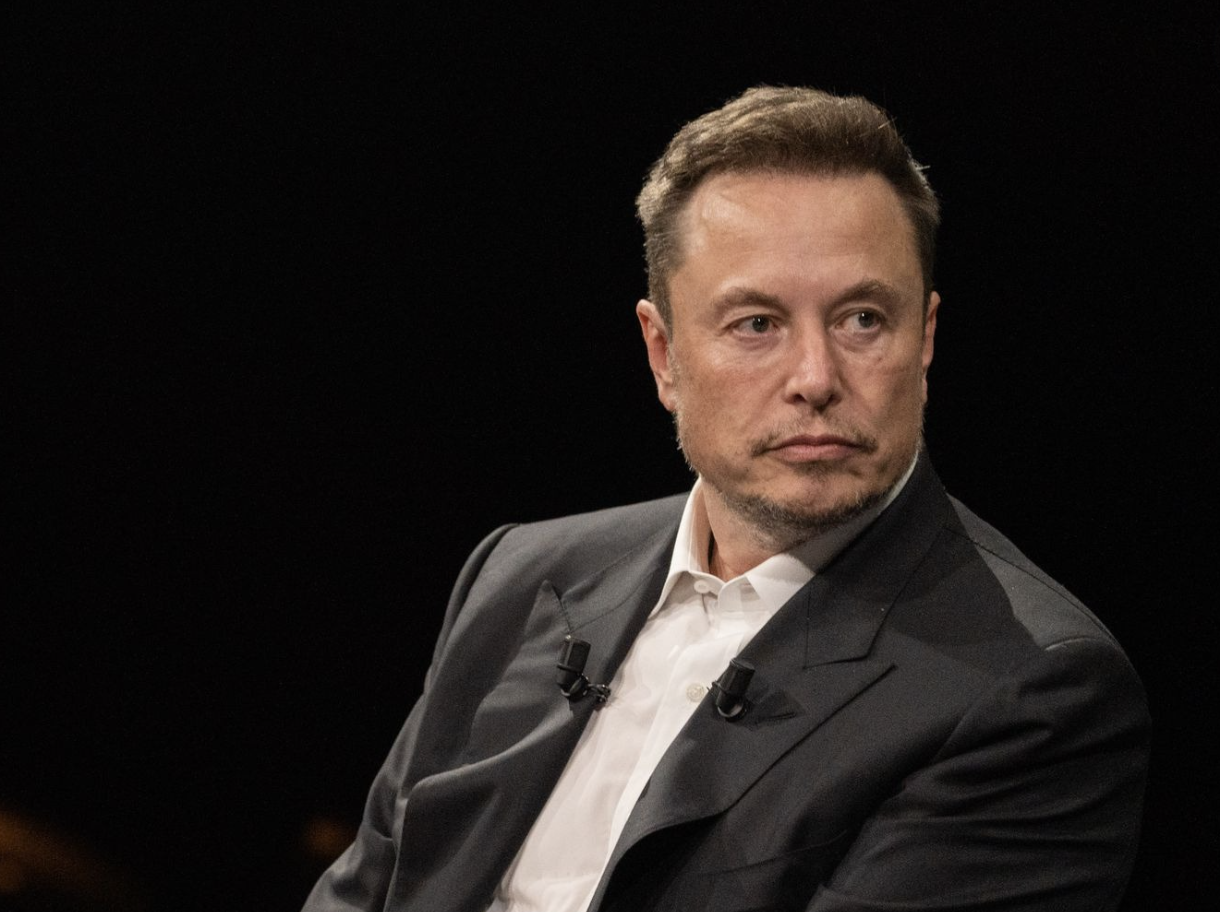Elon Musk announced Wednesday that he is stepping down from his position within the Trump administration, ending a high-profile and controversial stint as a Special Government Employee tasked with overseeing federal efficiency efforts. The White House confirmed his departure is underway.
“As my scheduled time as a Special Government Employee comes to an end, I would like to thank President @realDonaldTrump for the opportunity to reduce wasteful spending,” Musk wrote on X, the social media platform he owns.
“The DOGE mission will only strengthen over time as it becomes a way of life throughout the government,” he added, referring to the Department of Government Efficiency, the initiative he led.
A White House official told Reuters it was accurate that Musk is leaving the administration and his “off-boarding will begin tonight.”
The billionaire’s exit appears to be swift and low-key. A source with knowledge of the matter said Musk did not speak directly with Trump before announcing his departure and that the decision was made “at a senior staff level.”
Musk, the world’s richest man, had been granted unusual authority by Trump to restructure parts of the federal government. His 130-day appointment was set to expire around May 30.
Despite his departure, both Musk and the administration have said DOGE’s work to streamline the government will continue. Musk had spent much of the past week signaling his intent to refocus on his business ventures and withdraw from the political spotlight.
He recently criticized Trump’s tax and spending bill, suggesting it would hinder his efficiency mission.
“The federal bureaucracy situation is much worse than I realized,” Musk told the Washington Post on Tuesday. “I thought there were problems, but it sure is an uphill battle trying to improve things in DC, to say the least.”
He also told the Post that DOGE had been turned into a “whipping boy” who was criticized for anything that went wrong in the Trump White House.
While in office, Musk clashed with senior officials behind the scenes, and at times publicly. He once referred to White House trade adviser Peter Navarro as a “moron” for rejecting Musk’s idea of zero tariffs between the U.S. and Europe.
He also expressed frustration to White House aides over a deal between Abu Dhabi and OpenAI, a competitor to his own AI company. According to The New York Times, Musk tried to stop the agreement unless his firm was included. The Wall Street Journal reported similar efforts by Musk to influence the terms.
His growing disillusionment with Washington has reportedly been fueled by political setbacks, including the loss of his preferred candidate in a Wisconsin Supreme Court race despite spending $25 million on the contest, according to The New York Times.
A Reuters review of agency data found that DOGE, under Trump and Musk, has eliminated nearly 260,000 federal civilian jobs—roughly 12% of the total workforce—through buyouts, early retirements, and job cuts.
Musk’s political involvement has drawn criticism and sparked protests. Some Tesla shareholders have demanded he focus more on managing the electric vehicle company instead of serving in government.
After spending nearly $300 million to support Trump and Republican candidates in the last election cycle, Musk has indicated a retreat from political spending. “I think I’ve done enough,” he said at a recent economic forum in Qatar.
Earlier this year, he had pledged to contribute $100 million to pro-Trump political groups ahead of the 2026 midterm elections, The New York Times reported. As of this week, that funding had not materialized.





